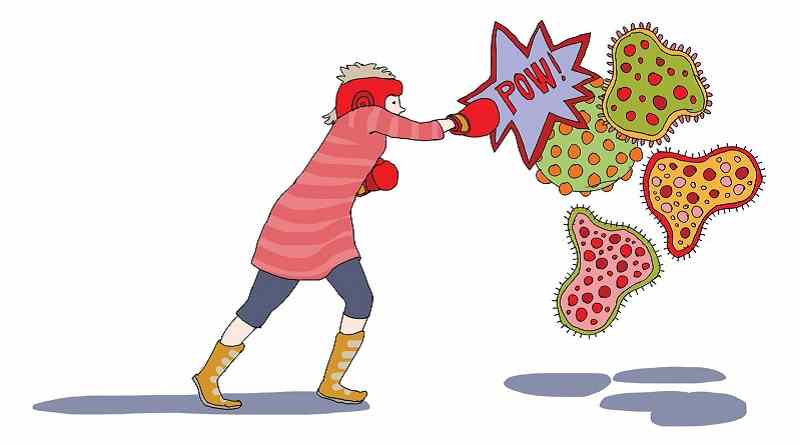Fighting Disease
Our body has strong immune systems, but sometimes you need extra help from your doctor to recover. Doctors use a variety of methods to determine the type of illness you may have and how best to treat it. Fighting disease requires few important things to do.
Hygiene
Dirty hands can spread disease from person to person. Colonies of bacteria that were permitted to grow from dirty hand prints. Bacteria are coli that cause food poisoning when they enter in the food. Good hygiene can help prevent the spread of disease. For instance, washing hands after using the toilet reduces the risk of transmitting injury to others. This is important fact in fighting disease.
Germ Killer
Bacterial infections are treated with antibiotics drugs. This attacks and destroys the cells of the virus without damaging the body’s cells. There are various types of antibiotics, each of which works against certain types of bacteria. For bacterial infections, doctors may prescribe antiviral drugs instead.

Surgery
If a disease or injury injures a body organ, then doctors needs to perform surgery to repair it. Patients are first given anesthetics to make them sleepy and to prevent pain. The surgeon then cuts the skin directly to open the body and reach the damaged area. Surgeons work in a very clean operating theater and make sure that no bacteria or germs are entering in the patient’s body during surgery.
Fighting Cancer
Sometimes the immune system stops functioning and begins to multiply uncontrollably like germs, forming lumps like tissue. This deadly disease is known as cancer. Cancer is difficult to treat because the drugs that attack on the cancer cells also damage healthy immune cells. To help detoxify the tissue (destroy tumours), doctors fire powerful radiation beams and this process of treatment is known as radiotherapy.
Must Read – Stem Cells & Its Work
